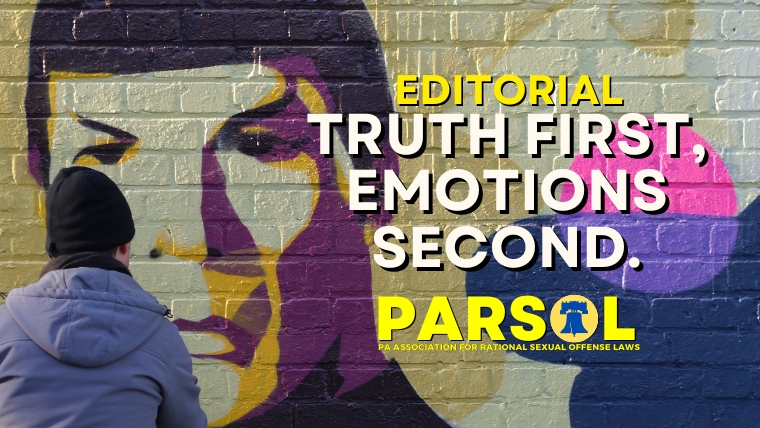In these past few years, I have learned that in a world where emotions often dictate our perceptions and actions, it is essential to reaffirm the fundamental importance of truth. While emotions are undeniably powerful and influential aspects of our human experience, they should not supersede the pursuit and acknowledgment of truth. The truth matters first and foremost, serving as the foundation for meaningful discourse, understanding, and progress. Let’s explore why truth should be prioritized over emotional questions and how doing so can lead to greater clarity, integrity, and societal well-being.
Truth forms the bedrock of rational discourse and critical thinking. Without a commitment to truth, discussions become mired in subjective interpretations and biases, making it difficult to reach meaningful conclusions. Emotions, while valid and important, can often cloud our judgment and lead us away from objective reality. By prioritizing truth, we create a framework for honest inquiry and open dialogue, where ideas can be evaluated based on merit rather than emotional appeal.
Moreover, truth catalyzes personal and collective growth. It allows us to confront uncomfortable realities, challenge ingrained beliefs, and adapt our perspectives. Embracing the truth, even when it is difficult or inconvenient, fosters intellectual humility and resilience, qualities that are essential for navigating an increasingly complex world. In contrast, prioritizing emotional considerations over truth can lead to stagnation and complacency, as individuals and societies become more invested in preserving their comfort and security than in seeking truth and understanding.
Furthermore, truth is essential for fostering trust and integrity in relationships and institutions. Honesty and transparency are the cornerstones of trust; without them, relationships quickly deteriorate. When individuals prioritize emotional considerations over truth, they risk undermining the trust and credibility necessary for healthy relationships and functioning societies. Conversely, when truth is valued and upheld, it strengthens bonds of trust and fosters a culture of accountability and respect.
Truth is a prerequisite for justice and equity. Injustice thrives in environments where truth is suppressed or distorted in favor of emotional narratives or agendas. By prioritizing truth, we ensure that injustices are exposed and addressed and those responsible are held accountable. While emotional appeals can be powerful tools for rallying support and raising awareness, they must be grounded in truth to effect meaningful change. Without truth as a guiding principle, emotional appeals risk becoming manipulative or misleading, ultimately undermining the very causes they seek to champion.
Finally, prioritizing truth over emotional considerations promotes intellectual honesty and integrity. It requires us to confront our biases and preconceptions and evaluate information critically and objectively. While emotions can enrich our understanding of the world and enhance our empathy towards others, they must be tempered by a commitment to truth to be truly constructive. By valuing truth above all else, we cultivate a culture of intellectual rigor and honesty, where ideas are scrutinized based on accuracy rather than emotional resonance.
I am not suggesting we suppress our emotions like Mr. Spock, the half-Vulcan science officer from Star Trek, as doing so is unhealthy. By simply prioritizing truth, no matter how uncomfortable it may be, we foster rational discourse, personal and collective growth, trust and integrity, justice and equity, and intellectual honesty. In doing so, we lay the groundwork for a more enlightened and compassionate society where truth is valued above all else.




![stuckIn1995_rally_header - PARSOL - Pennsylvania Assoc for Rational Sex Offense Laws (PA Megan's Law Resources) PARSOL Board Chair Josiah Krammes speaks at the PA Capitol Rotunda flanked by State Reps. Emily Kinkead and Tim Briggs (28 Oct 2025) [John Dawe/PARSOL]](https://parsol.org/wp-content/uploads/2025/10/stuckIn1995_rally_header.avif)